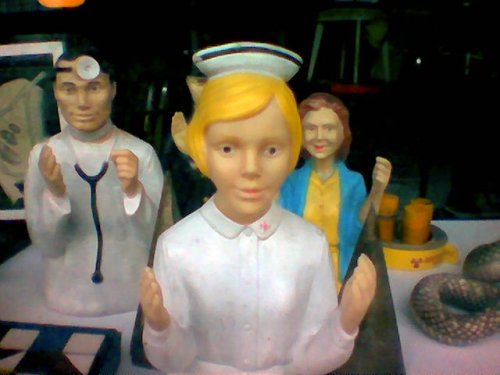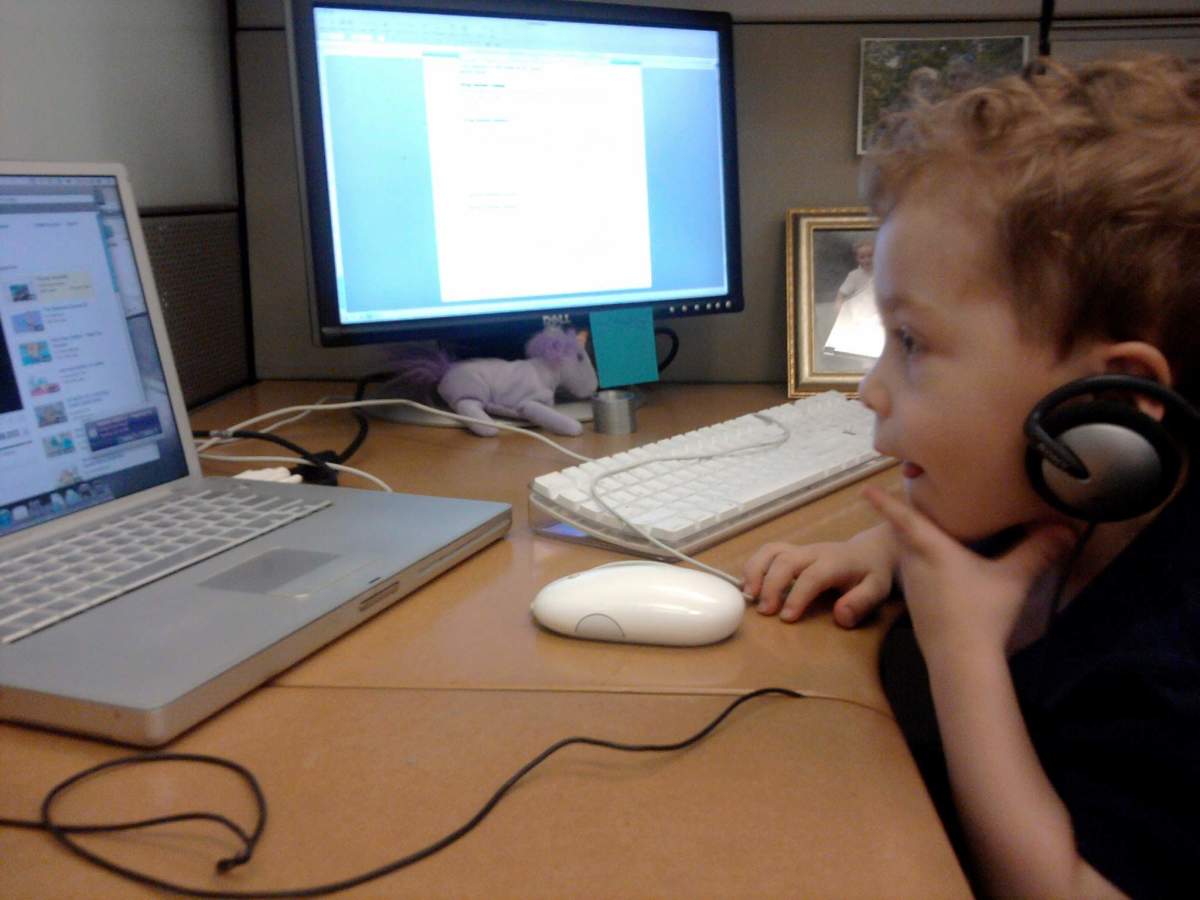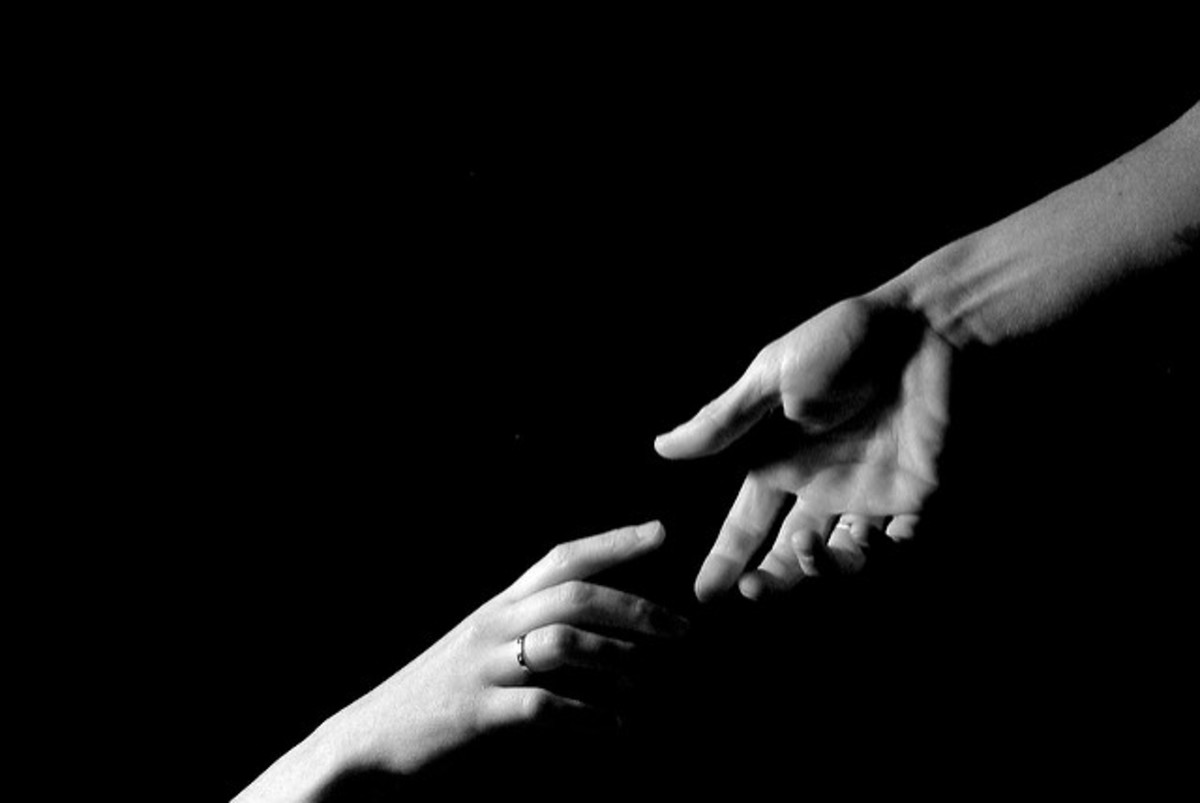COULD YOU BE A VICTIM OF A VICTIM MENTALITY?

COULD YOU BE A VICTIM OF VICTIM MENTALITY?
Maybe you’ve been cheated on, lied to, had a crime committed against you. Perhaps someone was cruel to you, you’ve been beaten even. All of these and many more things constitute victim status.
Status is one thing but do you have a victim mentality? A lot of people, particularly women, develop a craving for sympathy and become hooked on displaying their grief and emotional turmoil to anyone who will listen. Unfortunately they never seem to move on and recover from this and remain a victim for the long haul; passively allowing life to just happen to them.


10 signs you may have a victim mentality
- Lack of resilience or the ability to ‘bounce back’
- Things get ‘done’ to you
- Blaming other people and refusing to accept responsibility for anything
- Self pity
- Feeling helpless
- Low self esteem
- Complaining of the bad things that ‘happen’ to you
- Your glass is always half empty
- Passivity
- Feeling powerless
- Expecting things to go wrong
- Seeing things in black and white, right and wrong, with no grey areas
- Always having bad luck

HOW CAN YOU BREAK FREE?
The main characteristic of victim mentality is powerlessness to do anything about it. This combined with a feeling of helplessness where, even if the means were there to overcome it, you probably wouldn’t do anything.
Everyone feels temporarily defeated from time to time but at some point will summon the strength to change things. This type of powerlessness and helplessness is different in that it isn’t temporary in nature. It has a greater degree of permanence – sometimes lasting a lifetime.
To break free from a victim mentality takes a significant shift in how you think about things. It is not easy and some people will prefer to stay in their passive hopeless state. It is all about changing your normal thinking patterns and will take some conscious effort on your part.
Here are a few suggestions:
- Set personal boundaries – Think about things that are not acceptable to you and refuse to allow the other person to do or say them without consequences. The consequence may be as simple as you walking away from the situation.
- Try not to think about the thing that has happened to you as something in the now; consign it to the past which is where it belongs.
- When something ‘happens’ to you, try to analyse whether it did indeed just happen to you or whether you may have had some part in the event. Acknowledge that you had a part in it, however small.
- If someone else had a part in things then try to forgive them and remember that this is not happening now, it is in the past and needs to stay there.
- Watch documentaries about third world countries, famine, war etc. and compare your life with theirs. Feel privileged that you are not as unlucky as the people in the documentary.
- Take responsibility for your life – only you are responsible for where you are now

What to do if you can’t break free
Seek professional help. There are therapies that can make overcoming being a victim easier. Speak to your doctor and asked to be referred for CBT (Cognitive Behavioural Therapy). This therapy is based on the premise that what you think and believe influences how you behave and act. Another therapy is Neuro-Linguistic Programming which may be helpful. NLP is a linguistic technique which reprograms the way the brain behaves in certain situations and encourages thinking in different ways.
© Susan Bailey 2013 All Rights Reserved
Other hubs about Victim Mentality
- Victim Mentality: Does it Serve Your Life Well?
How does a victim mentality serve your life? Is it making it better, easier, or more fulfilling? Doubtful. A life where victim status takes the lead is a life full of unhappiness, tears, worry, and hardships.








